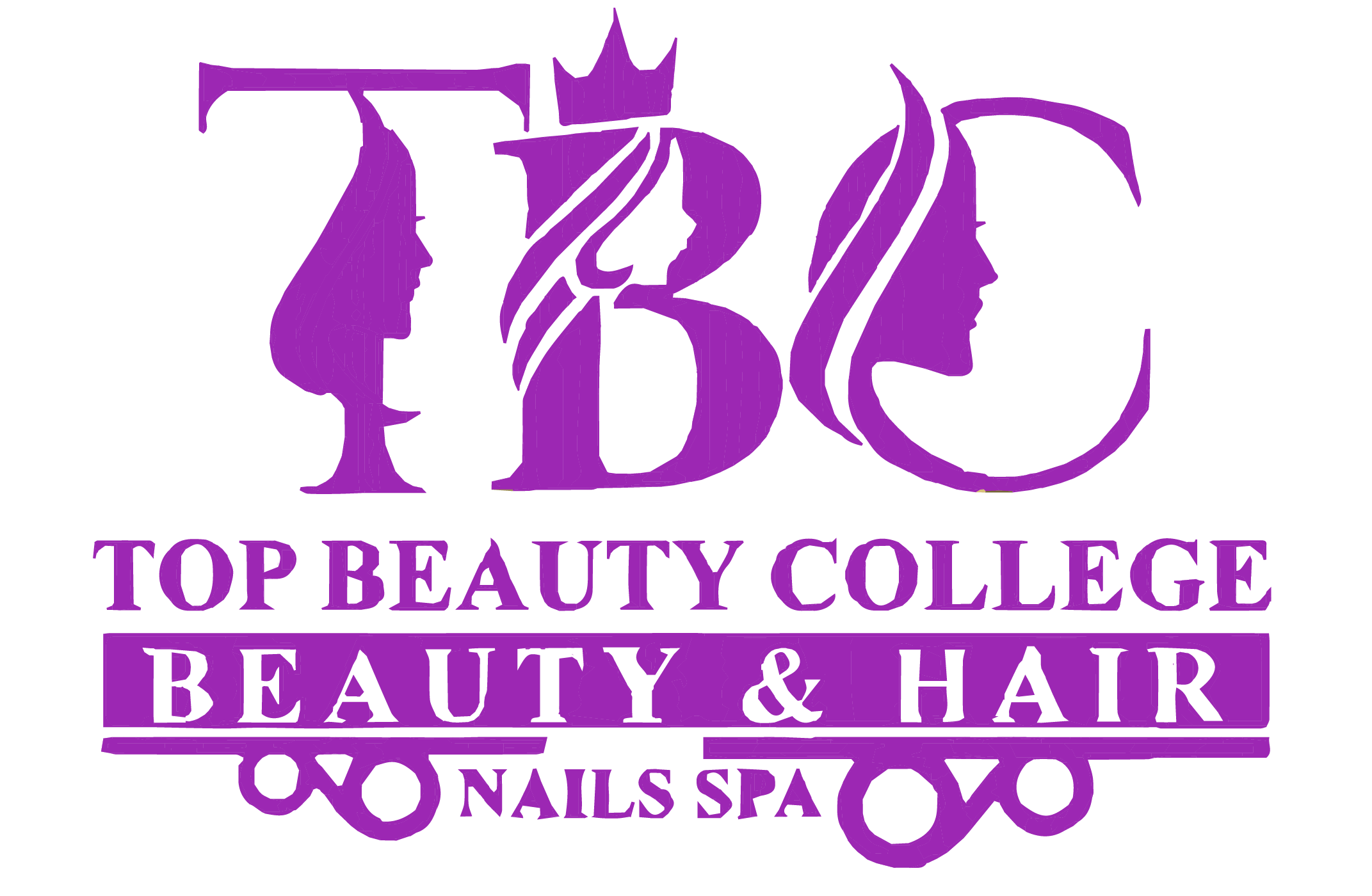Beauty Industry in Kenya :The Truth about the Job Market

Jane Kanampiu
A candid narrative from a seasoned entrepreneur in the Kenyan beauty industry.

The beauty industry in Kenya is estimated to be valued at Ksh 100 billion annually. It comprises salons, barbers shops, spas, beauty colleges, cosmetics manufacturers, distributors, and retailers.
Kenyan’s desire to feel and look good, has resulted in the tremendous growth of the industry over the last couple of years. According to business analysts in the industry, this trend is expected to continue annually.
However, while some are benefiting from the boom, just like a double-edged sword, it has its causalities. Demand for more players and skilled workers has also brought its fair share of challenges. Here are some of the challenges and suggested solutions.
New graduates from Beauty Colleges

This group faces the biggest challenges as new entrants in the industry. Beauty courses cost an arm and a leg. Parents, guardians, and self-sponsored students invest a fortune in fees and other expenses.
Therefore, upon graduation, the graduates expect to earn huge amounts of money from the industry to earn a return on their investment. Sadly, this is not always the case.
Most employers engage the employees on a commission basis (average commission of 50 % braiding, beauty 30 %). To earn a reasonable commission, they face big challenges.
As new entrants in the industry, they don’t have an established client base and have to compete with other more experienced employees for clients. The meagre pay they may get on a commission basis is very discouraging. I went through this phase to the point where I started doubting my career choice.
Course Choice
The course you do in college is also important. For instance, in beauty therapy, a unit like waxing is unique, expensive, but less marketable, especially to the low and middle class. The same applies to massage
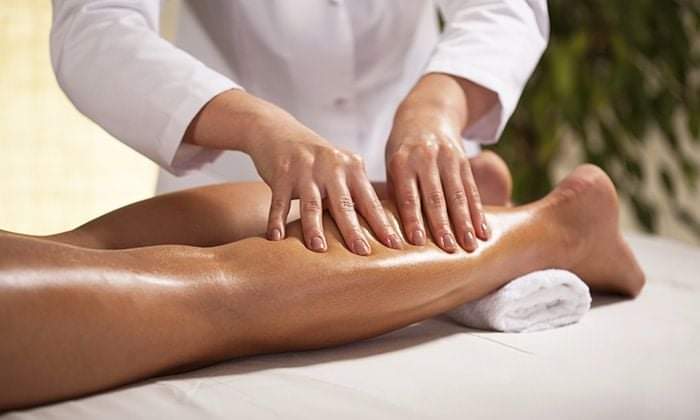
Pedicure and manicure courses go well only if you take nail technology as well. Facial is relatively marketable but you need to invest in product knowledge.
The top prize goes to hairdressing. Hair is a woman’s crown jewel, and as a result, hairdressing has a huge market. However, to succeed in this, you need to have the talent, drive, and passion for it.
In my experience in this industry, most students in beauty colleges don’t give this course the seriousness it deserves. They pay less concentration during the training and then expect to learn on the job on real paying clients who expect nothing but excellence.
As a recent graduate, take note that no sane salon owner would risk losing a client as you practise your newly acquired skills on their heads. Clients just like gold are hard to come by. To maintain them, the service has to be perfect. If you want to succeed in hairdressing make maximum use of your time while in training.
Trending Styles
Beauty colleges, to maintain set standards like any other professional industry are regulated by a government-approved board, National Industrial Training Authority (NITA). NITA outlines and approves courses to be taught in beauty colleges, while this has its merits, it also has its drawbacks.
The beauty industry is fast-paced and ever-evolving. New trending styles emerge and old ones are discarded fast. This creates a disconnect between what the students learn in the college syllabus and what is trending in the market, making it hard for new graduates to fit in.
Success in any industry takes hard work, commitment, dedication, and self-discipline. However, in this industry, I have met young men and women, who have a sense of entitlement. They expect you to chew the food for them, kazi yao ni kumeza tu, and if possible uwamezee iende kwa tumbo zao, they call themselves slay queens/ kings. These I call them lazy bones. Beauty is one of the most lucrative industries but a lot of effort is needed. Nothing will be served to you on a silver platter.
Advertising and Marketing
Advertising and marketing your services is one of the main keys to your success in this industry. Even though marketing and advertising topic is covered in all beauty colleges, the majority of students take it lightly.
Most salon employers are occupied with other things as this is not their main career, it is their side hustle. They set up and put systems in place, and you as an employee are expected to deliver on the set targets. When you fail to meet your targets you may be fired.
Invest more in your skills
Spas and salons offer many services in-house. They require employees who can offer as many of the services as possible. Most recent graduates have done only one course, making it difficult to get a job at the start. To get a better chance, invest your time to learn more skills on the other services.
Conclusion
In conclusion, while the beauty industry in Kenya is booming, it presents both opportunities and challenges for new graduates. Success in this field requires more than just a certificate; it demands passion, dedication, and continuous learning. Embrace the fast-paced nature of the industry, stay updated with trends, and diversify your skills to stand out. Remember, nothing comes easy; hard work and perseverance are key. For those willing to put in the effort, the beauty industry offers a rewarding career path. So, roll up your sleeves, stay committed, and make the most of the opportunities that come your way.
Balancing a Beauty Business with Family and Relationships

Like any other career, beauticians face the challenge of balancing work and life. Beyond unpredictable and long hours, they also deal with societal misconceptions.
Take massage therapists ( masseuse), for instance. Imagine this conversation on a first date:
Him: Can I know more about you? What do you do for a living?
You: I’m a massage therapist at a three-star hotel in Mombasa.
Him: (Drop dead silence, thinking) How? To whom? Why? When? Aje sasa?
You: What about you?
Him: Don’t worry, you’ll get a better job.
You: Actually, this is the best job I’ve had since graduation. The salary is great, and the tips are huge.
Him: Ok.
You: Waiting for your answer too.
Him: I’m a banker.
You: Oh great! You must be earning good money, I guess.
Him: (Boastfully) Yes, yes. I’m almost at a rank where I’ll be earning Ksh 100k per month.
You: Oh really? That’s actually my commission for one week, not counting salary and tips.
Him: (Thinking) I don’t care. I can’t date such a person. If she gives those extras I hear about… no, not me, I can’t date a prostitute
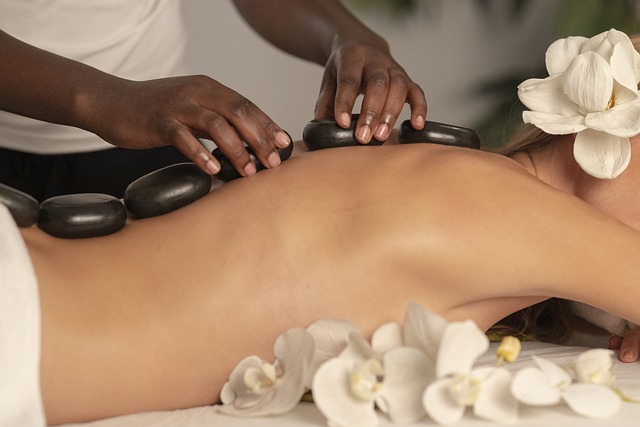
Married Women
It gets worse when you’re married.
You: Babe, I have a surprise. I got a job as a masseuse. The pay is great, and my dream has come true.
Him: What? As who? Kwa nani? Never. Not here, not with me. If you go there, don’t come back.
This mindset unfairly lumps massage therapists with commercial sex workers.
Massage is physical and psychological exercise that offers healing and improved well-being for the client. It is a respectable profession like any other . that puts food on the table and pays bills. We handle clients with respect, and we deserve the same.
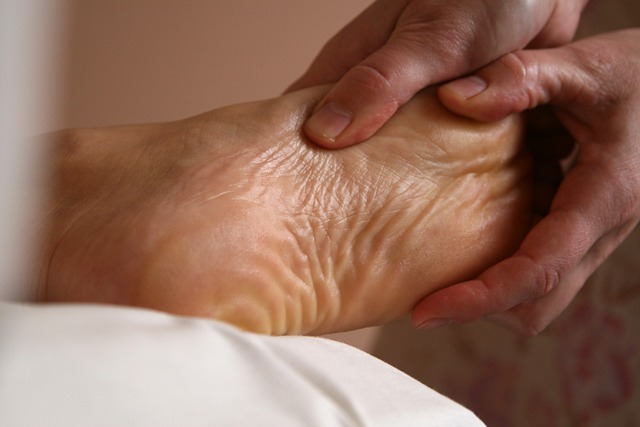
Balancing family and a beauty business can be tough, especially with long hours. But as your business grows and you add staff, you can enjoy more quality time with family.
I balance family, business, and church. Once, I asked my bishop for a massage after a tiring conference. Initially hesitant, he now brings his wife, and they’re loyal clients.
Why Beauty Skills Are the Future: Top Reasons to Enroll in 2025
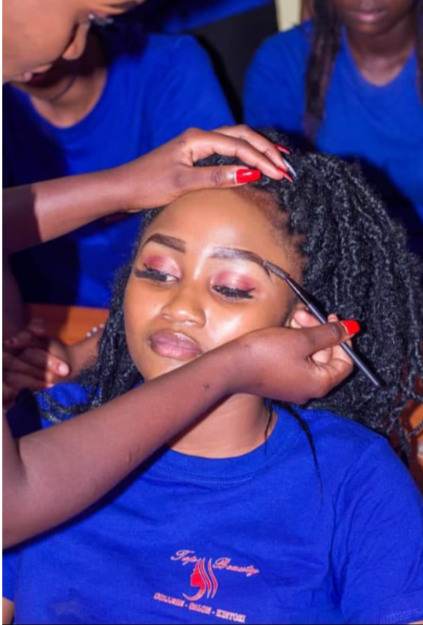
The world is changing fast, and the job market is no different. While some careers are disappearing, the beauty industry is growing every day. In Kenya, this growth is clear. More people are looking for skilled beauty experts, thanks to a rising middle class, big weddings, and a love for looking good. If you want a job that gives you freedom and good pay, beauty skills might be the right choice. Here’s why 2025 is the perfect time to join TOP BEAUTY Training College.
1. Many Career Options
Kenya’s beauty industry is full of chances to succeed. Whether it’s hairstyling, makeup, nails, or skin care, the demand for experts is growing. Weddings are a big part of this demand. Every year, many brides look for top makeup artists and hairstylists to make their day special.
Cities like Nairobi, Mombasa, and Kisumu are also seeing a rise in salons, spas, and beauty parlors. Social media influencers need stylists to keep their looks sharp. With beauty skills, you can work in these exciting areas.
2. Earn Money and Enjoy Flexibility
A beauty career gives you more than creativity. It helps you earn well and work on your own terms. Many beauty experts in Kenya work as freelancers, visiting clients at their homes or working part-time.
For example, a skilled makeup artist in Nairobi can earn between KES 5,000 and KES 15,000 per session. Hair braiders and wig specialists can also earn a lot, often more than office jobs. Plus, you can choose when to work, making it easy to balance your life and career.
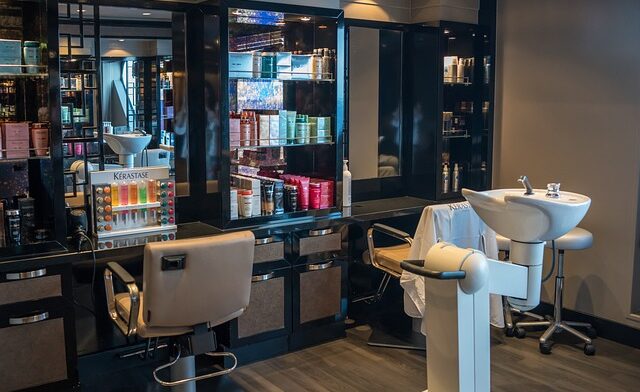
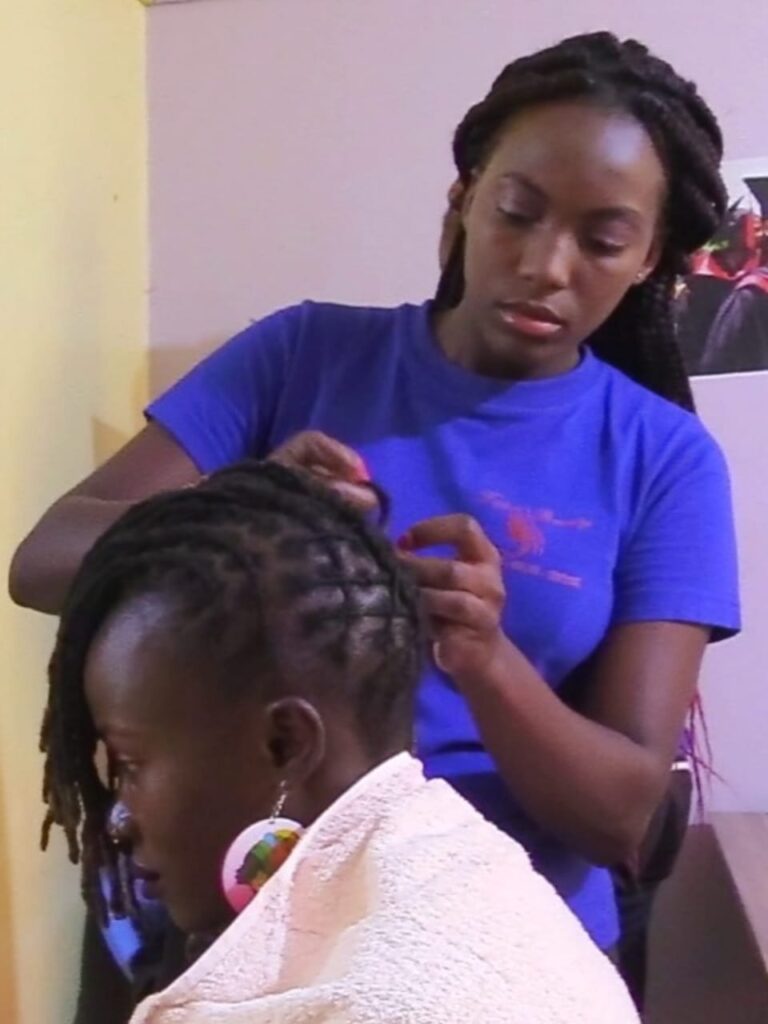
3. Always in Demand
Beauty services are always needed, even when times are tough. People may skip big purchases, but they still want to look good. In Kenya, this trend is strong. Whether it’s a wedding or everyday grooming, people value beauty services. With these skills, you’ll always find work.
4. Why Choose TOP BEAUTY Training College?
At TOP BEAUTY Training College, we give you the tools you need to succeed. Our courses focus on hands-on learning. You’ll master skills like makeup, hairstyling, and nails through practice.
We also teach business skills so you can market yourself, find clients, and manage your money. Many of our students have gone on to open their own salons or become top experts in Kenya.
With campuses in Nairobi – Utawala and Tharaka Nithi – Marimantie, we provide a friendly space where students can grow. Our teachers are experienced, and our equipment is top-notch. You’ll leave ready to stand out in the industry.
5. Why 2025 Is the Year for You
The beauty industry is always changing, and clients want experts who stay updated. By joining TOP BEAUTY Training College in 2025, you’ll get the latest skills and be part of a supportive community.
Don’t wait for the perfect time. Start now. The beauty industry in Kenya needs people like you to shape its future. Whether you’re just starting out or want a new career, this is your chance to shine.

Get Started Today
Are you ready to build your dream career? Join TOP BEAUTY Training College and turn your passion into a profession.
Contact Us:
📞 +254 721 628 831
📧 info@topbeautytrainingcollege.com
🌐 www.topbeautytrainingcollege.com
